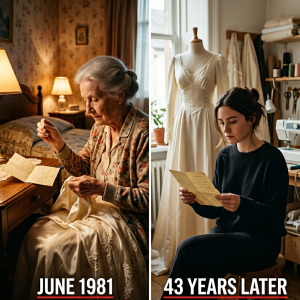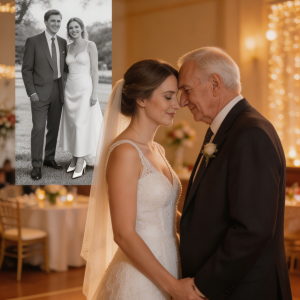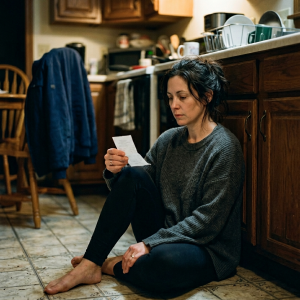Slavik dragged himself home after a blistering shift on the construction site, every step heavy with heat and fatigue. The alley behind the old supermarket promised a shortcut and a sliver of shade—until a thin, quivering sob froze him in place.
The cry seeped from a glossy sedan with windows tinted darker than midnight. Inside, a baby—no more than a year old—lay limp in a car seat. His cheeks were fire-red, lips cracked, eyelids fluttering like he was about to slip away.
Slavik yanked every handle. Locked. The car had become an oven, and the timer was almost up. Heart pounding, he seized a fist-sized rock from the curb, hammered the side window—once, twice—until the glass exploded outward. He unbuckled the baby, cradled the limp body, and bolted.
Two blocks later he burst into the nearest clinic, lungs on fire, shouting for help. A doctor swept the child from his arms, worked quickly, and returned minutes later with a verdict that stole Slavik’s breath: “Five more minutes and we would have lost him.”
The clinic doors flew open again—this time the baby’s mother stomped in, designer sunglasses perched like armor. Rage eclipsed relief: “You broke my car? I left my number on the windshield! I was gone one minute!”
Police arrived. Before Slavik could answer their questions, the doctor stepped forward. She explained the child’s core temperature, the 34 °C day outside—and the 60 °C inferno inside that sealed sedan—for the nineteen minutes the mother had actually been shopping. The officers issued hefty fines and child-endangerment charges on the spot.
News cameras pounced. Social media dubbed Slavik a hero; strangers offered to pay for the shattered window and even dangled new job prospects. He accepted none of it, slipping back into the anonymity of early mornings and hard labor.
Months later, Slavik spotted the woman at a bus stop, her son—rosy-cheeked and giggling—clutching a stuffed bunny. She approached, eyes downcast. “I panicked that day,” she whispered. “He’s alive because of you. I’m…sorry.” Slavik managed a gentle smile. “Just never leave him alone again.”
A year passed. One bright morning a crumpled envelope arrived, scrawled in crayon. Inside: a child’s drawing of a stick-figure hero, a crooked car, and a blazing yellow sun, signed, “Thank you, Uncle Slava. Love, Artem.” Slavik pinned it to his refrigerator, poured himself tea, and felt a warmth no summer sun could match.





